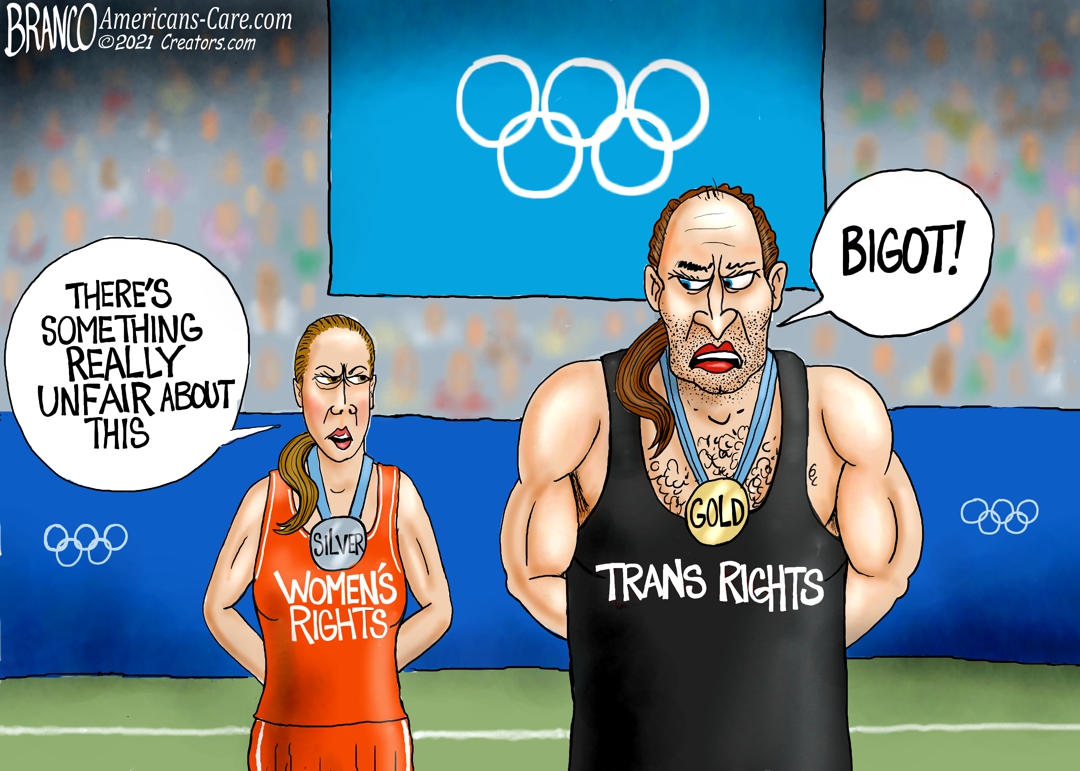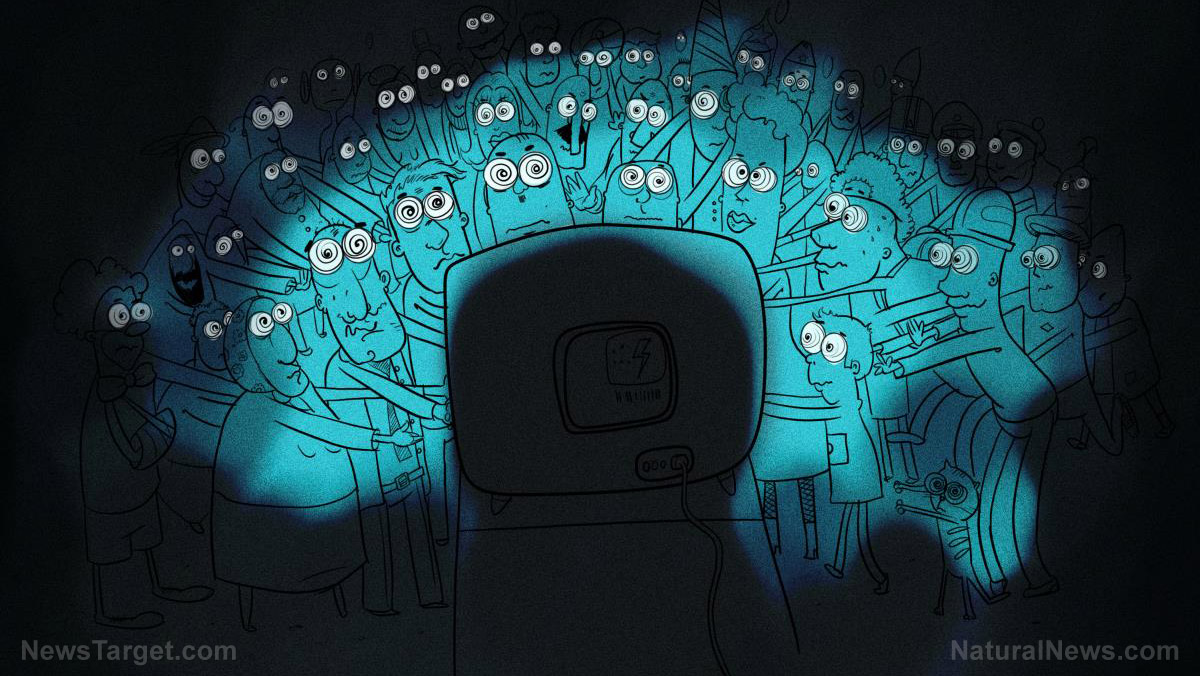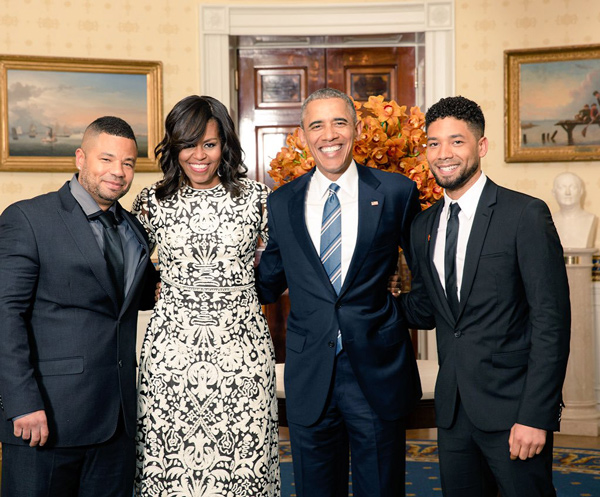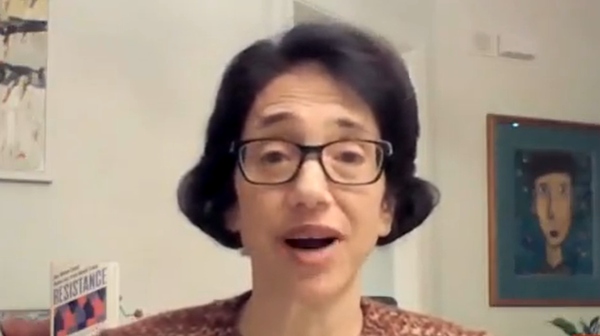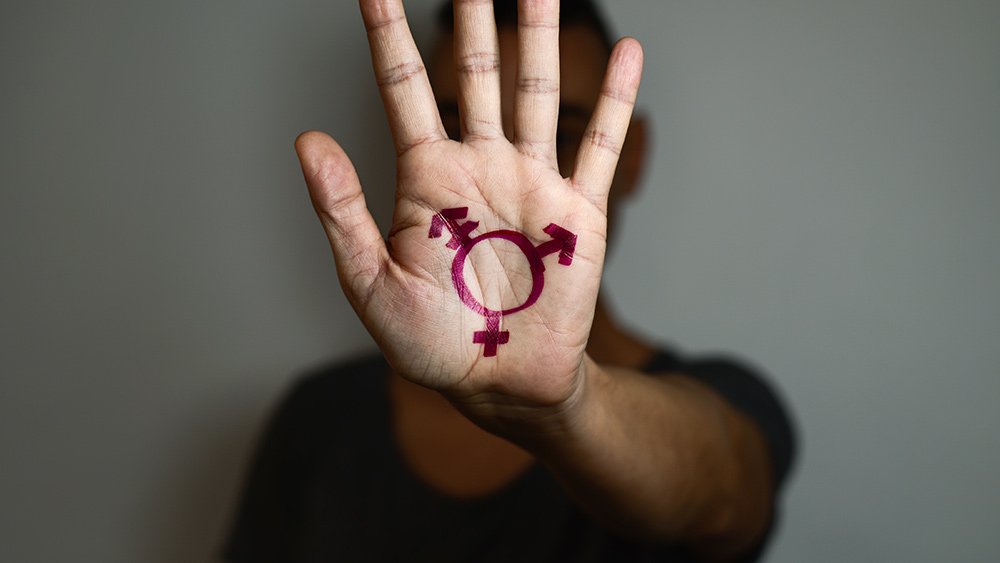Top-down White penitence is shaking up and roiling the American ‘wokeplace’
10/24/2020 / By News Editors

A white physician working in Raleigh, N.C., says he has participated in multiple diversity training exercises – including two in the last two years – without a fuss. But he was taken aback when his employer, Duke University Health System, said this summer it will roll out a comprehensive strategy to purge the last vestiges of racism from the workplace.
(Article by John Murawski republished from RealClearInvestigations.com)
The way it looks to him, Duke basically wants him to admit he’s a racist and repent.
Like a growing number of organizations around the country responding to the death of George Floyd and the Black Lives Matter movement, Duke is adopting anti-racist advocacy as an organizational mission. That mission doesn’t mention time-honored workplace goals like color-blindness, meritocracy, or equal opportunity; instead, its target is the so-called complicity of America and its citizens in “structural racism,” “oppression,” and denialism.
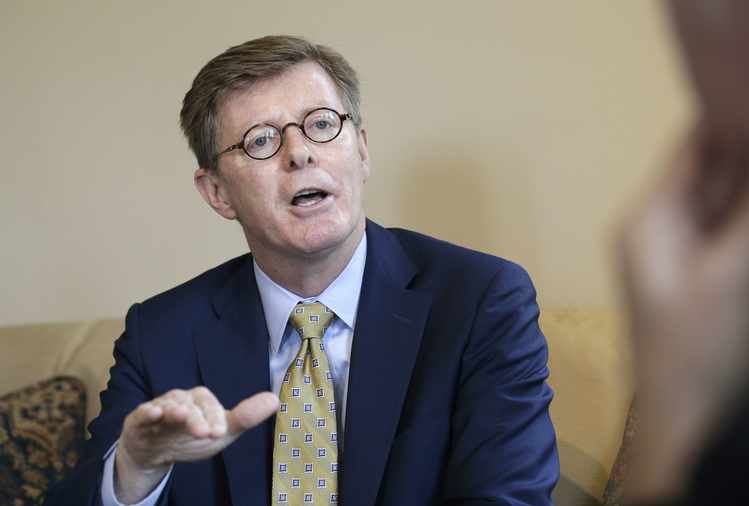
Vincent Price, Duke University president: “I cannot as a white person begin to fully understand the daily fear and pain and oppression that is endemic to the Black experience.” AP Photo/Gerry Broome
“I feel like my employer is calling me ‘racist’ and I then saying I must agree,” the doctor, who requested anonymity, told RealClearInvestigations. He said he is troubled that Duke’s leadership is imposing its political ideology on staff, implicating employees in a sweeping moral narrative, and dedicating itself to the task of “uncovering this hidden racism the employer is sure lurks within.”
Workers are coming under increasing pressure to support social justice programs on race and gender that would have been considered radical just a few years ago and too divisive to be injected into the workplace. Now an organization’s commitment to fighting racism and identity-related “phobias” increasingly involves encouraging, pressing, or even requiring workers to get behind the company’s social justice mission. And it can spell trouble for employees who balk or publicly disagree.
Duke University President Vincent Price suggested in a June email that his take on American social relations is not up for debate, and that employees who dissent should reflect on their personal shortcomings.
“I cannot as a white person begin to fully understand the daily fear and pain and oppression that is endemic to the Black experience,” Price said in his email. “Ultimately, real progress will require an embrace of both personal and institutional humility, admitting to our blindness, our lack of understanding, and confusion.”

Satya Nadella, Microsoft CEO: Setting a confessional tone of guilt and penance for all employees to emulate. (AP Photo/Mark Lennihan, File)
Price’s consciousness-raising is part of a growing movement. Microsoft, Wells Fargo, Google, Apple, Boeing and other corporations are vowing to revamp their cultures and pledging hundreds of millions of dollars to diversity causes and organizations. Major firms are promising to move quickly to increase African American representation in executive management and leadership roles. Some companies, such as Starbucks and Microsoft, are tying executive compensation to meeting aggressive diversity targets, while a few are even experimenting with offering reparations to black customers.
Executives and managers are setting a confessional tone of guilt and penance, typical of anti-racism workshops, for all employees to emulate.
“I must continue my journey of understanding and empathy and examine actions I take, or don’t take, every day,” Microsoft CEO Satya Nadella said in a June email to employees. “I take accountability for my own continued learning on the realities of privilege, inequity and race and modeling the behavior I want to see in the world.”
Such perspectives are filtering down to the rank and file. Workplace wokeness can take the form of employees confessing to their unearned white privilege in diversity training sessions, workers wearing social justice slogans on the job, and employees participating in company-sponsored 8-minute 46-second moments of silence for George Floyd. It’s too early to tell if these cultural changes will become a permanent feature of the workplace, but some employees find them inappropriate, intrusive or even coercive, even as others feel they are long overdue.
To supporters, they are not impingements on personal conscience but compassionate and enlightened responses to deeply ingrained structures of oppression, ones that produce unequal outcomes for people of color in life expectancy, household income, education level, incarceration rates and other measures. With the belief that doing nothing is supporting the status quo, the Johns Hopkins Bloomberg School of Public Health declared in June that employees who do not get involved are part of the problem: “We each must choose to be allies, as standing by idly or silently is to be complicit in perpetuating racist systems and structures.”
…
Read more at: RealClearInvestigations.com
Tagged Under: Big Tech, civil unrest, community, government, left cult, liberals, Libtards, mind games, obey, political correctness, propaganda, racism, society, Trump, woke, wokeplace, woketard
RECENT NEWS & ARTICLES
COPYRIGHT © 2017 IDENTITY POLITICS NEWS






